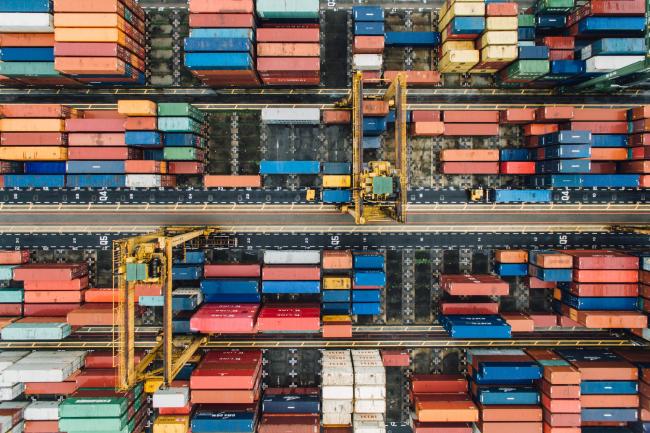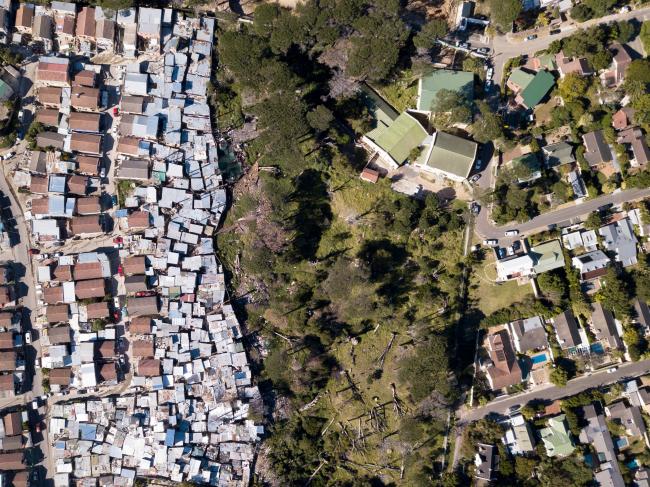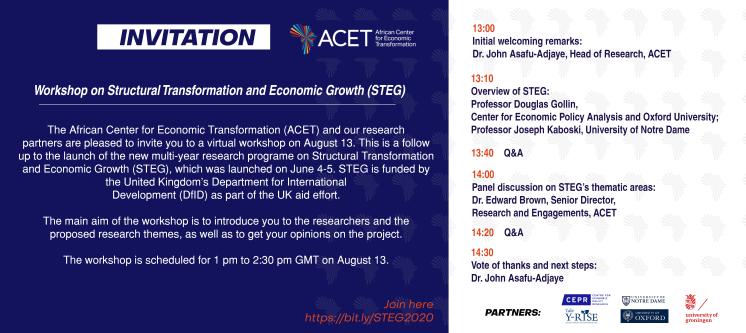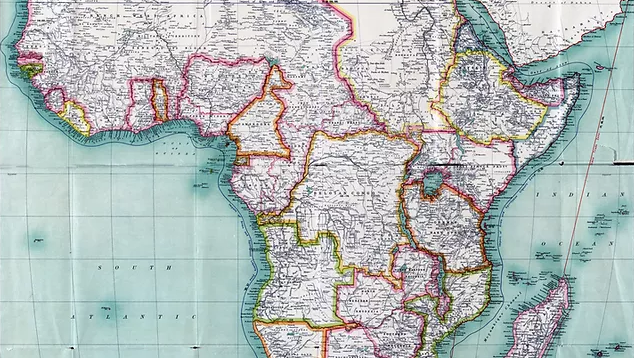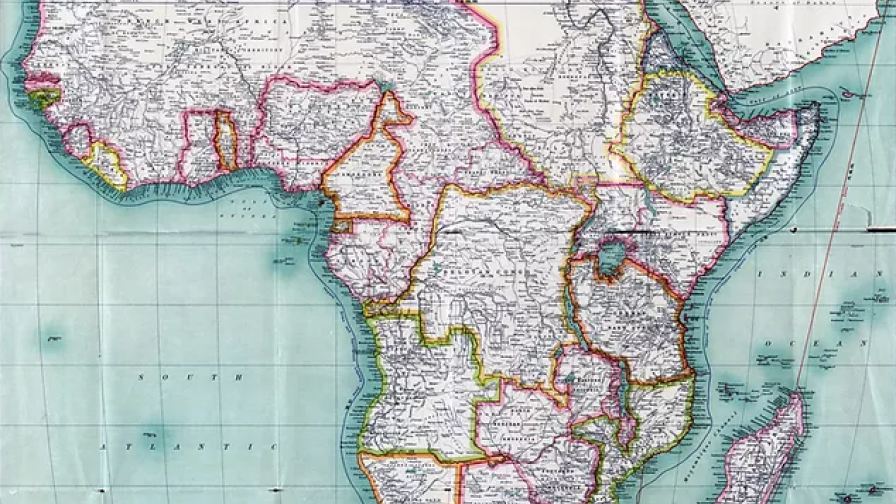Trade, and economic integration more broadly, can be an important source of productivity gains and structural transformation, but there has been little research directly focusing on structural transformation in open economies and the importance of reducing frictions within domestic markets.
Theme 4 will support research in the two different strands of contemporary trade theory that are important in understanding structural transformation and in identifying policies that can stimulate growth:
- International trade. In principle, most developing countries are relatively open to trade, and yet their patterns of specialisation remaining puzzling, as many of the poorest countries seem to specialise in low-productivity agricultural production, even though they may have a comparative advantage in low-skill manufacturing. Additionally, the impacts of a changing global market and the role of international trade and foreign direct investment in technology diffusion are also important research topics.
- Internal trade. Recent literature suggests that domestic trade and transaction costs may create large frictions that limit specialisation and exchange within countries, and while investments in transportation infrastructure has also been a recent research focus, little is known about the trade-offs of different investments.
Theme Leaders
Theme 4 is led by Costas Arkolakis (Professor of Economics at Yale University) and Paula Bustos (ICREA Research Professor at Pompeu Fabra University).
